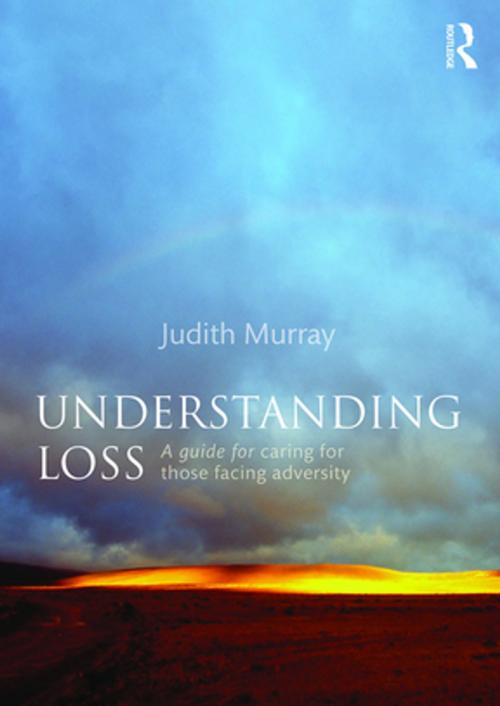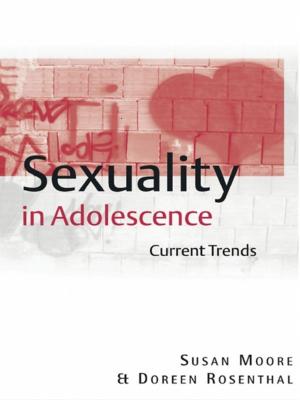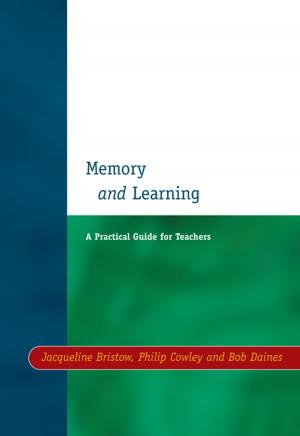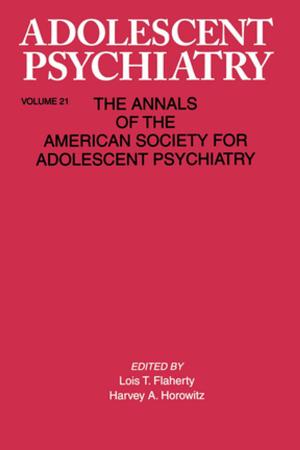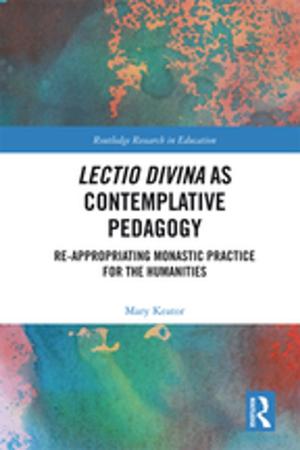Understanding Loss
A Guide for Caring for Those Facing Adversity
Nonfiction, Social & Cultural Studies, Social Science, Social Work, Health & Well Being, Psychology, Mental Health| Author: | Judith Murray | ISBN: | 9781317571247 |
| Publisher: | Taylor and Francis | Publication: | September 16, 2015 |
| Imprint: | Routledge | Language: | English |
| Author: | Judith Murray |
| ISBN: | 9781317571247 |
| Publisher: | Taylor and Francis |
| Publication: | September 16, 2015 |
| Imprint: | Routledge |
| Language: | English |
Loss and consequent grief permeates nearly every life changing event, from death to health concerns to dislocation to relationship breakdown to betrayal to natural disaster to faith issues. Yet, while we know about particular events of loss independently, we know very little about a psychology of loss that draws many adversities together. This universal experience of loss as a concept in its own right sheds light on so much of the work we do in the care of others. This book develops a new overarching framework to understand loss and grief, taking into account both pathological and wellbeing approaches to the subject.
Drawing on international and cross-disciplinary research, Judith Murray highlights nine common themes of loss, helping us to understand how it is experienced. These themes are then used to develop a practice framework for structuring assessment and intervention systematically. Throughout the book, this generic approach is highlighted through discussing its use in different loss events such as bereavement, trauma, chronic illness and with children or older people. Having been used in areas as diverse as child protection, palliative care and refugee care, the framework can be tailored to a range of needs and levels of care.
Caring for people experiencing loss is an integral part of the work of helping professions, whether it is explicitly part of their work such as in counselling, or implicit as in social work, nursing, teaching, medicine and community work. This text is an important guide for anyone working in these areas.
Loss and consequent grief permeates nearly every life changing event, from death to health concerns to dislocation to relationship breakdown to betrayal to natural disaster to faith issues. Yet, while we know about particular events of loss independently, we know very little about a psychology of loss that draws many adversities together. This universal experience of loss as a concept in its own right sheds light on so much of the work we do in the care of others. This book develops a new overarching framework to understand loss and grief, taking into account both pathological and wellbeing approaches to the subject.
Drawing on international and cross-disciplinary research, Judith Murray highlights nine common themes of loss, helping us to understand how it is experienced. These themes are then used to develop a practice framework for structuring assessment and intervention systematically. Throughout the book, this generic approach is highlighted through discussing its use in different loss events such as bereavement, trauma, chronic illness and with children or older people. Having been used in areas as diverse as child protection, palliative care and refugee care, the framework can be tailored to a range of needs and levels of care.
Caring for people experiencing loss is an integral part of the work of helping professions, whether it is explicitly part of their work such as in counselling, or implicit as in social work, nursing, teaching, medicine and community work. This text is an important guide for anyone working in these areas.
